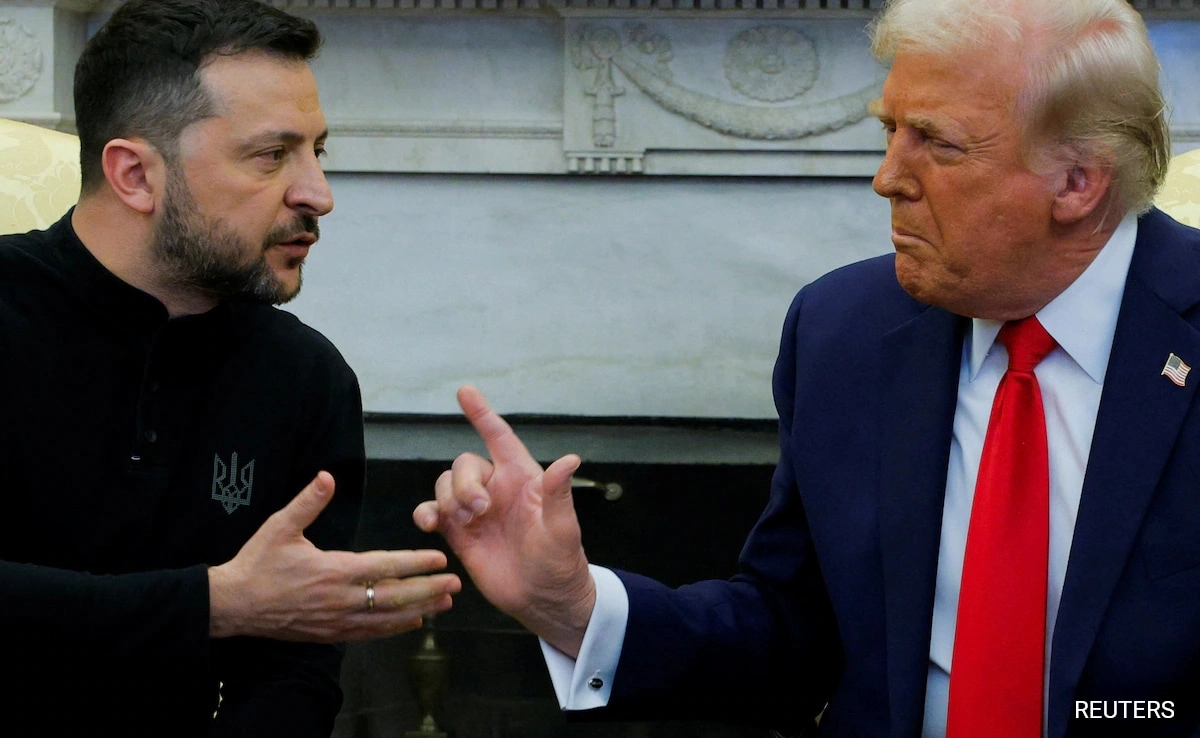Tensions between former President Donald Trump and Ukrainian President Volodymyr Zelensky have resurfaced amid the ongoing geopolitical complexities surrounding Crimea. The U.S. government’s recent stance, recognizing Crimea as Russian territory, has added a layer of complexity to the already strained relations between the two leaders. This development not only heightens the stakes in U.S.-Ukraine relations but also reflects the broader implications of international law and sovereign rights in the face of territorial disputes.
Trump has been vocal in his support for a more conciliatory approach towards Russia, suggesting that the U.S. should acknowledge the reality of Crimea’s status following its annexation in 2014. This perspective has drawn sharp criticism from Zelensky, who firmly believes that Crimea remains an integral part of Ukraine. The Ukrainian leader’s position is rooted in the principles of sovereignty and territorial integrity, which are enshrined in international law. The clash between Trump and Zelensky highlights the diverging narratives surrounding the situation in Crimea and raises questions about the future of U.S. foreign policy in Eastern Europe.
As the geopolitical landscape continues to evolve, the implications of this clash extend beyond the personal dynamics of Trump and Zelensky. The recognition of Crimea as Russian territory by the U.S. could embolden Russia’s aggressive posture in the region, potentially undermining Ukraine’s efforts to reclaim its sovereignty. Moreover, this situation underscores the challenges faced by U.S. policymakers in balancing diplomatic relations with Russia while supporting Ukraine in its quest for territorial integrity. The ongoing discourse surrounding Crimea serves as a litmus test for how the international community navigates the delicate balance of power in a region marked by historical tensions and unresolved conflicts.
In conclusion, the renewed clash between Trump and Zelensky over the status of Crimea reflects a broader narrative of international relations wherein territorial disputes and national sovereignty remain hotly contested issues. As both leaders articulate their positions, the implications for U.S. foreign policy and the stability of Eastern Europe become increasingly significant. The outcome of this ongoing dialogue may shape the geopolitical landscape for years to come, prompting stakeholders to reassess their strategies in light of shifting allegiances and the complexities of international law.




